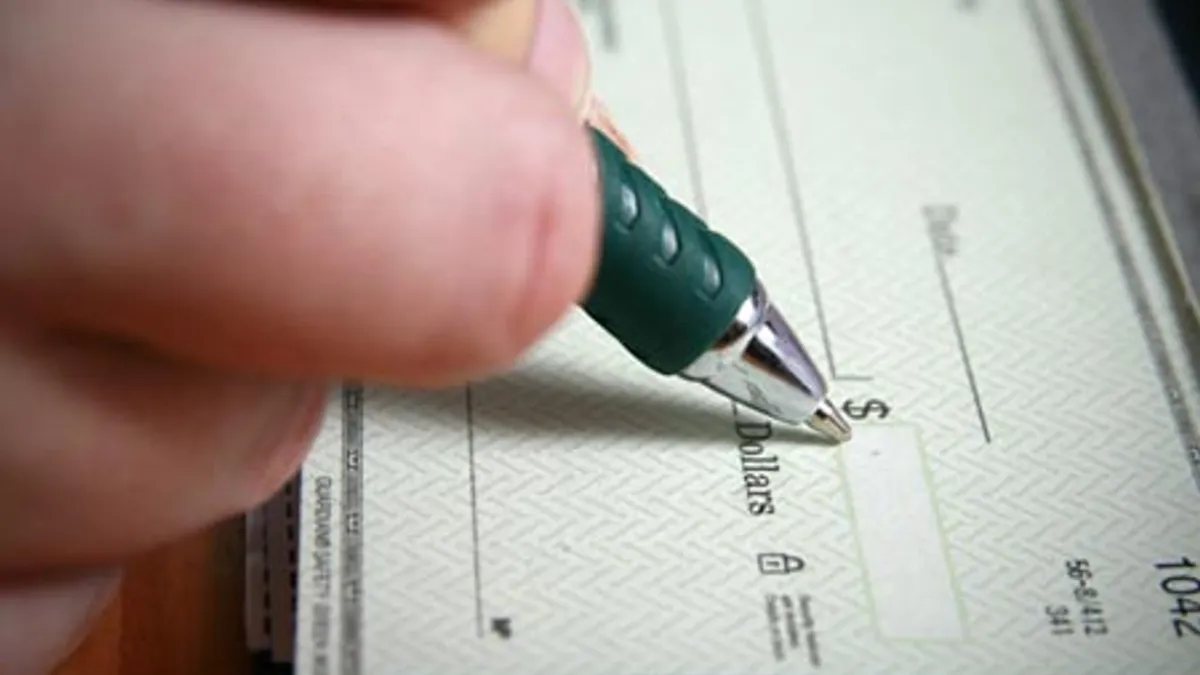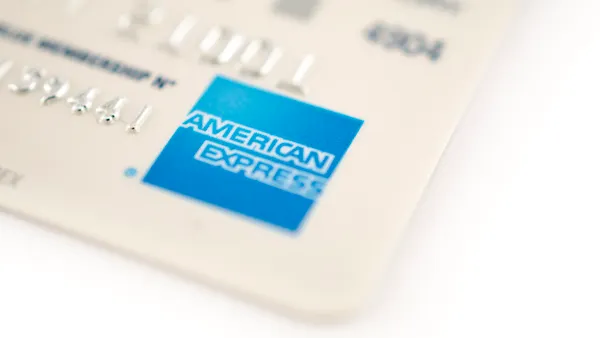The payments world is shifting rapidly to digital alternatives, but Deluxe CEO Barry McCarthy knows firsthand that "checks are not dead."
That doesn’t mean his company–the one people often recognize as the sender of a new box of checks–is standing still. McCarthy is reshaping the 106-year-old Deluxe, which last month moved its headquarters from a suburban St. Paul corporate campus to a tech-style downtown Minneapolis office.
“We are so much more than a check company today—it’s only about a third of our business,” McCarthy said in an interview last month.
The headquarters relocation came just as the COVID-19 pandemic was accelerating the industry’s move away from cash and checks to digital and contactless alternatives. And Deluxe took another big step this year in the wake of those changes.
With the $960 million cash acquisition in April of First American Payment System, Deluxe delved deeper into the business of offering small businesses, typically with 25 employees or less, payments software and services, including for accounts payable, accounts receivable and cash management. It has attracted some four million customers.
Deluxe also provides cloud computing, web hosting services and data analytics, mining and marketing for small businesses. In addition, it sells business forms and branded merchandise for promotion purposes.
McCarthy is making a more personal pitch to small business owners and entrepreneurs at the moment too with a book he’s recently authored, “Small Business Revolution: How Owners and Entrepreneurs Can Succeed,” published by Wiley. The book was tied to the company’s own mini-series chronicling the stories of small business owners. After six seasons, the company announced this week that the series is ending after this year.
In addition to the small business segment, Deluxe is building up specialty services for niche industries that require sending checks along with specialized business communications, like class-action payments and healthcare insurance payments.
All of those operations add up to about $2.2 billion in annual revenue, McCarthy said. His strategy seems to be paying off. When the company reported earnings last week, results for the nine months ended Sept. 30, 2021, swung from a net loss of $19.4 million last year to net income of $49 million this year on a revenue increase of 8.6% to $1.45 billion, according to a press release.
Despite the new revenue streams, the company’s consumer and business check operation is still very much alive, McCarthy said. He attributes that largely to industries with lots of small- and mid-sized businesses like construction companies across the country that count on paying suppliers with checks. When a $20,000 lumber delivery arrives, they write a check to pay for it because it’s too expensive to be paid for with credit, McCarthy explained.
“We print 150,000 packages of checks every day, and we print millions annually," McCarthy said. "Those are not going away overnight.”













